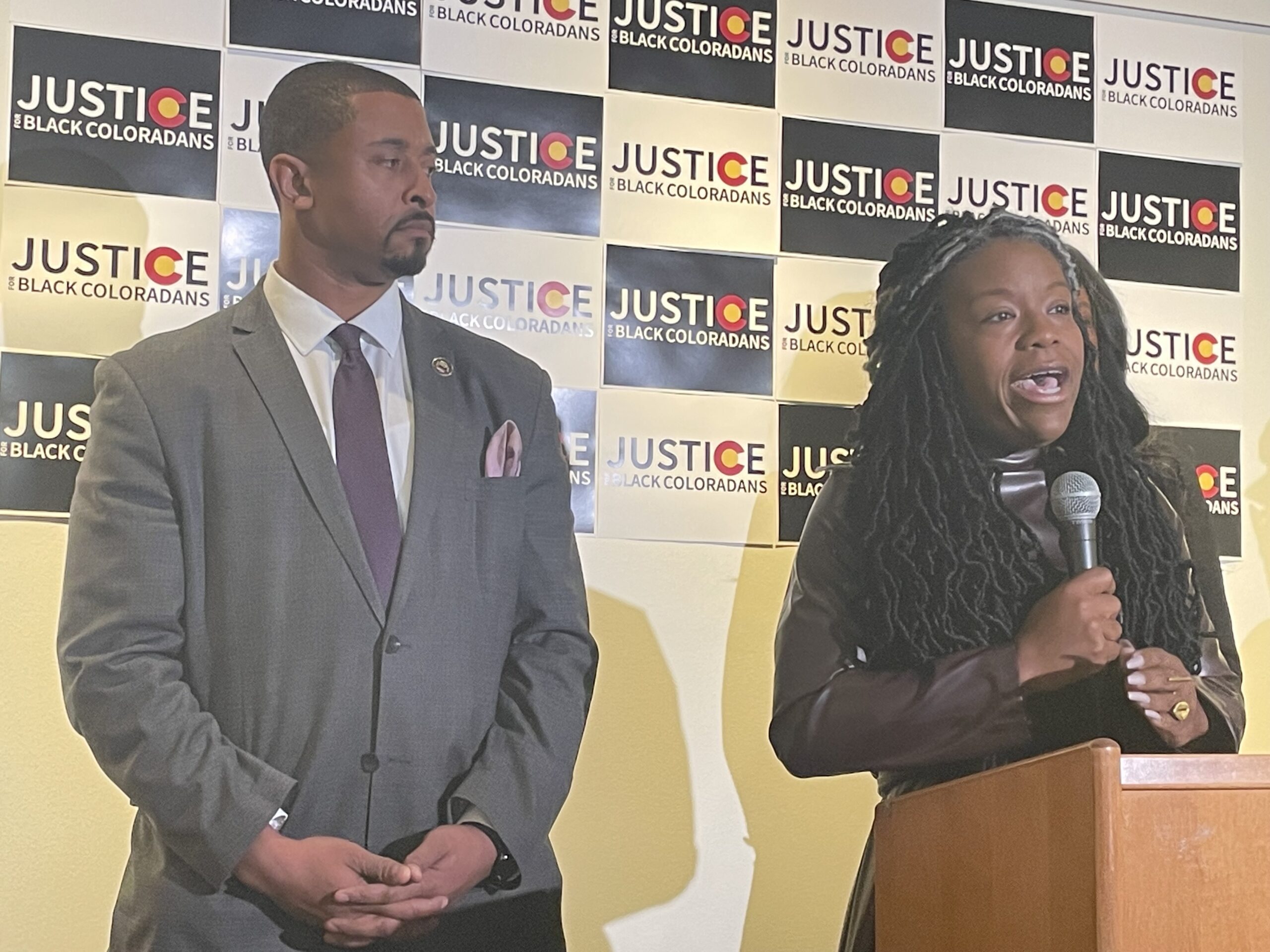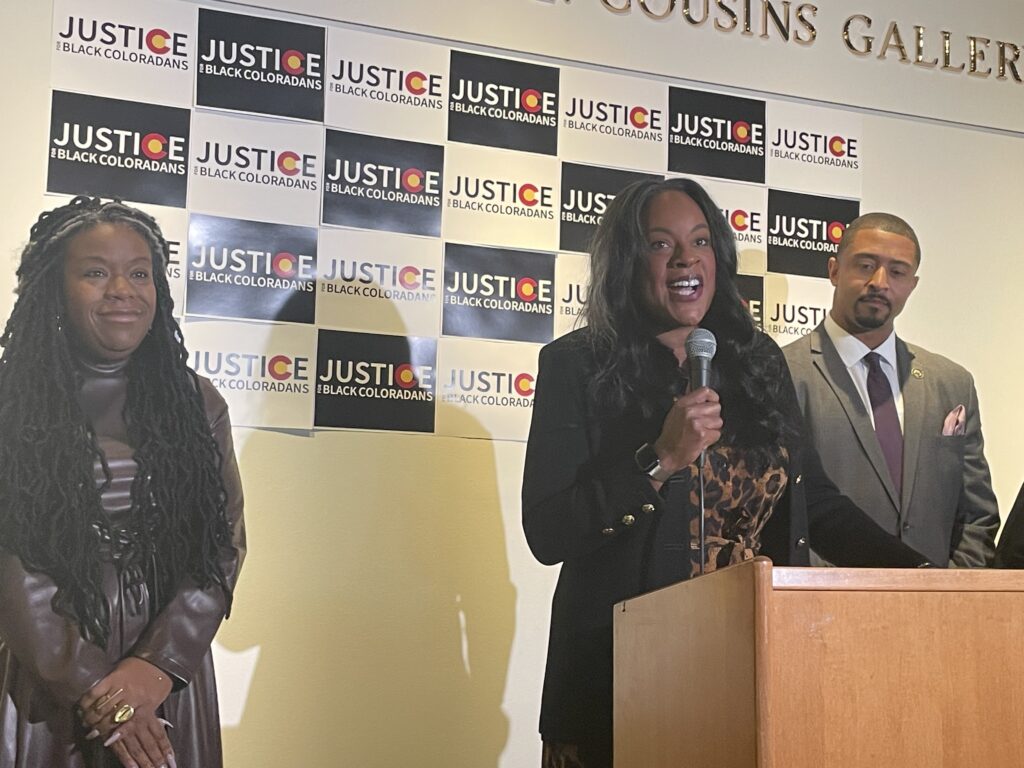
Leaders in Colorado’s Black community are pushing for legislation to mandate a comprehensive study on the history and legacy of slavery in the state and to quantify the systemic inequities Black people continue to face across all facets of society.
“By us bringing legislation forward, we are saying that it is an imperative of the state and that we pull together the data across the state and create a comprehensive understanding of how our history, from top to bottom and corner to corner, has really coalesced around some of these discriminatory practices,” said Democratic Assistant House Majority Leader Jennifer Bacon, who currently heads the legislature’s Democratic Black Caucus.
Bacon said the study is a top priority for the Black Caucus and noted that even though a lot of this data already exists in different places, the goal is to bring it all together.
“It is in no way saying that the anecdotal and qualitative histories that we've heard do not count, but we also acknowledge that to some people they need to see the — quote — white papers. And so we want to cover all of our bases,” said Bacon.
The bill would task History Colorado with organizing the study and task force, which backers estimate could take one to two years to complete. Lawmakers are still working on a final draft of the proposal.
“In the past, we've looked at the disparity when it comes to business and procurement of government contracts, but we want to also look at housing, look at healthcare, look at education, look at so many other areas,” said Democratic Sen. James Coleman of Denver, who will also be a main sponsor.
He said the study will inform the legislature’s policies moving forward.
Democrats currently hold their largest legislative majorities in state history, but Coleman and other backers of the study said they expect some strong pushback from certain lawmakers and corners of the state.
“Nobody said it was easy. But the best things in life, God puts on the other side of fear,” said Coleman. “So we have to be able to take that, know that there's risks, but otherwise, why are we even here?”
In recent years the state has tackled a number of issues to try and address racial equity in the state, from criminal justice reforms and changes in sentencing laws to how schools and workplaces address diversity.

Democratic Rep. Leslie Herod of Denver was behind Colorado’s CROWN Act, which bans discrimination based on “hair texture, hair type, or a protective hairstyle that is commonly or historically associated with race.”
Herod acknowledged that a study of this magnitude was no easy feat.
“I think it will be quite complicated, but it's my hope that people will recognize that complication as the reason why the bill is so necessary,” said Herod.
For Sade Cooper with the non-profit Collaborative Healing Initiative within Communities, who is helping to lead the effort, the study will go way beyond an academic exercise.
“It is an essential journey to comprehend the challenges faced and triumphs achieved,” said Cooper. “This study would provide a roadmap to rectify systemic disparities, fostering a society where every individual has an equal opportunity to thrive.”
- In a divided vote, Colorado’s State Board of Education approves new inclusive social studies standards after a tumultuous year-long debate
- Black Pride Colorado is creating community and culturally safe spaces for Black LGBTQ Coloradans
- Lawsuit alleges Douglas County School District failed to protect students from racial harassment
- Meet the Coloradans working to diversify the great outdoors









